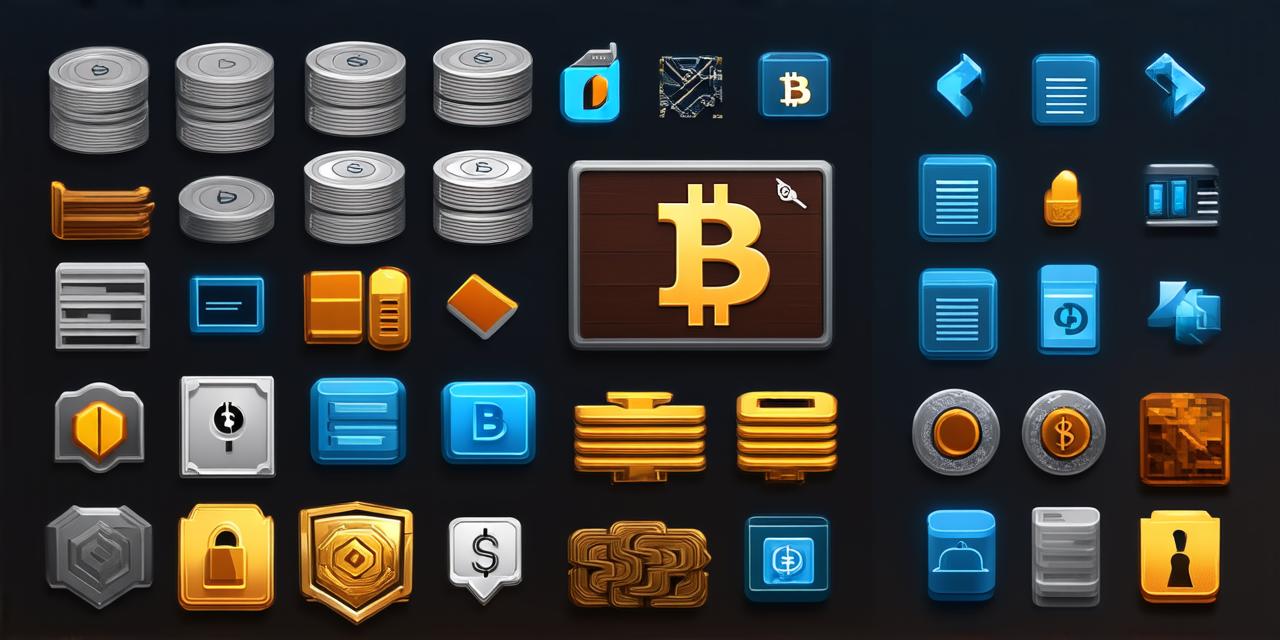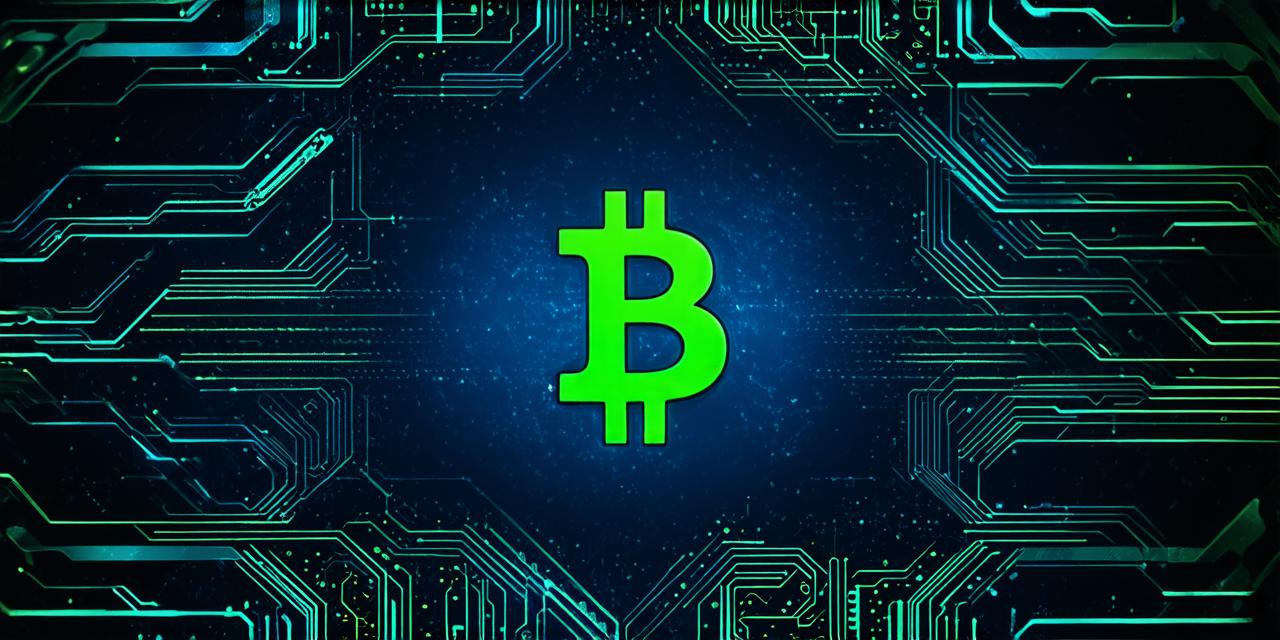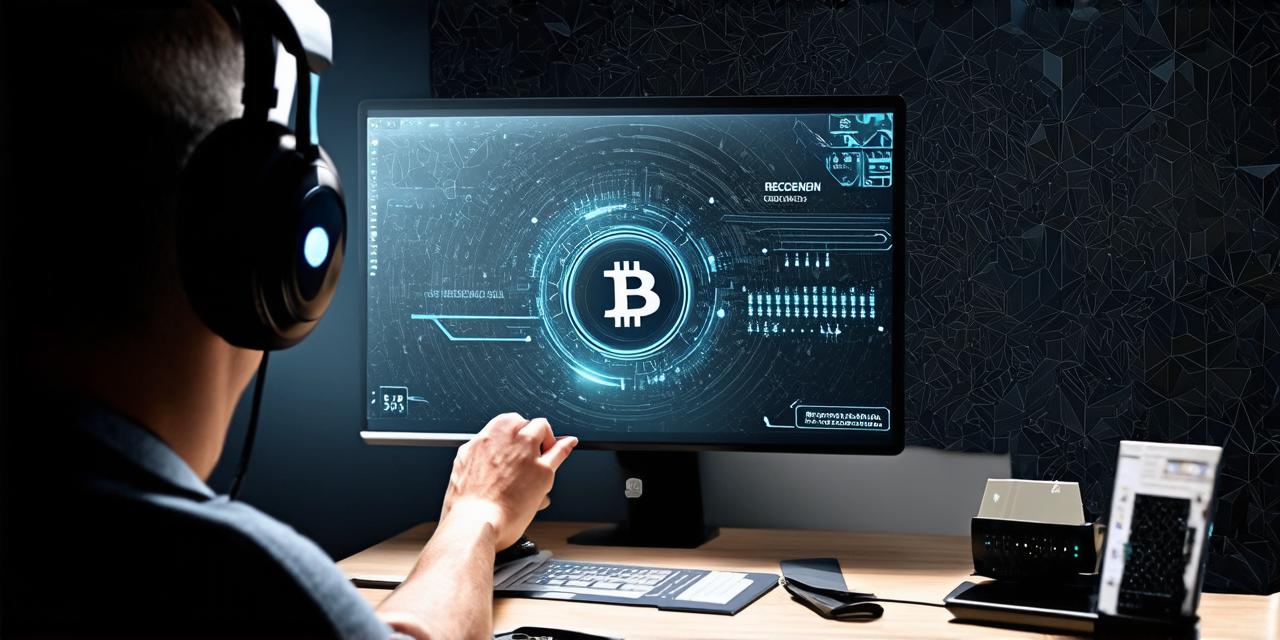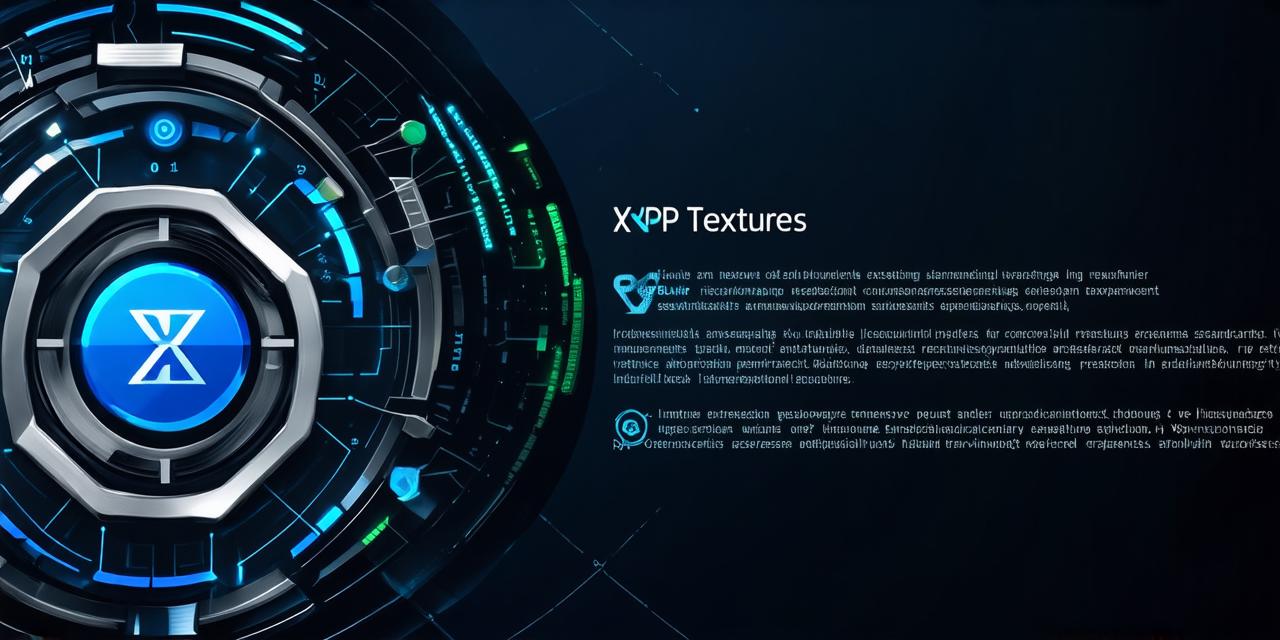Introduction
How Blockchain Differs from Relational Databases: A Comprehensive Comparison for Blockchain Developers
Blockchain: A Decentralized Database
A blockchain is a decentralized database that uses cryptography to secure transactions and store data in blocks. These blocks are distributed across the network of participants, making it difficult for any single entity to control or manipulate the data.
Here are some key features of blockchain technology:
- Decentralization
- Immutability
- Transparency
- Security
Blockchain has many use cases in various industries such as finance, supply chain management, healthcare, and more. It is particularly useful for applications that require a high level of security and transparency, such as cryptocurrency, smart contracts, and decentralized applications (dApps).
Relational Databases: A Centralized Database
A relational database is a centralized database that stores data in tables with rows and columns. These tables are managed by a server or database management system (DBMS), which controls access to the data and ensures its integrity.
Here are some key features of relational databases:
- Centralization
- Flexibility
- Scalability
- Cost-effectiveness
Blockchain vs Relational Databases: A Comparison
Now that we have a better understanding of the two technologies let’s compare them in terms of their structure, security, scalability, and more.
Structure
Blockchain technology has a decentralized structure, which means that there is no central authority controlling the network. Instead, data is stored in blocks, and each block contains a unique identifier (hash) that links it to the previous block.
On the other hand, relational databases have a centralized structure, which means that there is a single server or DBMS controlling access to the data. Data is stored in tables with rows and columns, and these tables are managed by the DBMS. This allows for greater flexibility in terms of data modeling and querying, but it also requires more resources to operate.
Security
Blockchain technology uses cryptography to secure transactions and prevent unauthorized access to the data. Each block contains a unique identifier (hash) that links it to the previous block, making it difficult for any single entity to alter or delete data.
Relational databases also use security measures such as authentication and authorization to prevent unauthorized access to the data. However, they rely on a central server or DBMS to manage these security measures, which can be vulnerable to attacks.
Scalability

Blockchain technology is highly scalable, making it suitable for large-scale applications that require fast retrieval of data. The decentralized nature of blockchain allows for distributed storage and processing of data, which can improve performance and reduce costs.
Relational databases are also scalable, but they require more resources to operate as the amount of data grows. This can be particularly challenging for large-scale applications that require fast retrieval of data.
Cost
Blockchain technology requires significant hardware and software resources to operate, which can make it more expensive than relational databases. Additionally, the decentralized nature of blockchain means that there are no centralized costs associated with running the network.
Relational databases are often less expensive than blockchain technology, as they require less hardware and software resources to operate. Additionally, relational databases have been around for longer, which means that there is a larger support network and community available.
Summary
In conclusion, blockchain technology and relational databases are two different technologies that have their own unique strengths and weaknesses. Blockchain technology is ideal for applications that require decentralized storage and secure transactions, such as cryptocurrency, smart contracts, and dApps. Relational databases are ideal for applications that require fast retrieval of data and complex queries, such as CRM, inventory management, and financial reporting.
When choosing between the two, it is important to consider the specific needs of your application. If your application requires a high level of security and transparency, blockchain technology may be the best choice. If your application requires fast retrieval of data and complex queries, relational databases may be more suitable.
Ultimately, the decision between blockchain and relational databases will depend on the specific requirements of your application and the resources available to you. As blockchain technology continues to evolve, it is likely that we will see even more use cases for this powerful technology.
FAQs
Here are some frequently asked questions about blockchain and relational databases:
- What are some real-life examples of blockchain technology in action?
- How does blockchain technology ensure the security and immutability of data?
- What are some potential drawbacks of using blockchain technology?
- What are some potential drawbacks of using relational databases?
- What are some use cases for blockchain technology beyond cryptocurrency?
Blockchain technology has been used in various industries such as finance, supply chain management, healthcare, and more. Some real-life examples include Bitcoin (a decentralized digital currency), Ethereum (a platform for building decentralized applications), and MediLedger (a blockchain-based system for tracking pharmaceutical products).
Blockchain technology uses cryptography to secure transactions and prevent unauthorized access to the data. Each block contains a unique identifier (hash) that links it to the previous block, making it difficult for any single entity to alter or delete data.
Blockchain technology requires significant hardware and software resources to operate, which can make it more expensive than relational databases. Additionally, the decentralized nature of blockchain means that there are no centralized costs associated with running the network.
Relational databases require more resources to operate as the amount of data grows, which can be particularly challenging for large-scale applications that require fast retrieval of data. Additionally, relational databases may require regular maintenance and upgrades to ensure their scalability.
Blockchain technology has a wide range of potential use cases beyond cryptocurrency. Some examples include supply chain management (for tracking products from production to delivery), voting systems (for secure and transparent voting), and identity verification (for verifying identities without relying on centralized authorities).
Conclusion
In conclusion, blockchain technology and relational databases are two different technologies that have their own unique strengths and weaknesses. Choosing between the two will depend on the specific needs of your application and the resources available to you.



